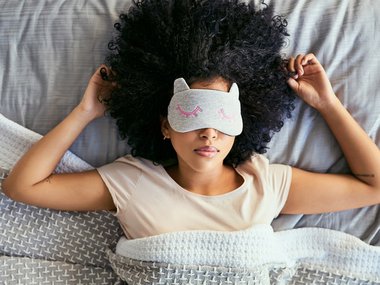Question Your World: Do Some People Need Less Sleep?
Did you get enough sleep last night? Many people think skimping on sleep is just part of modern life, but researchers are learning that a rare group of individuals—known as natural short sleepers—seem biologically wired to thrive on just four to six hours a night.
These individuals carry specific genetic mutations that allow them to feel fully rested and function normally without the typical toll of sleep deprivation. In contrast, the vast majority of people who sleep less than recommended suffer consequences like impaired memory, mood swings and slowed reaction times. For natural short sleepers, however, brain scans show no signs of “sleep debt” or compensatory extra sleep on weekends, suggesting their genes enable resilience.
Building on over a decade of experiments, researchers have pinpointed mutations—such as those in the DEC2 gene—that appear to shorten sleep needs without sacrificing performance or health. Recent studies even suggest that these short sleepers better protect the brain by more efficiently removing the plaques and tangles associated with neurodegenerative diseases.
This trait follows an autosomal dominant inheritance pattern, meaning just one copy of the mutation is enough to express the effect. While only 1 in 300 people fall into this category, understanding their biology may offer clues for treating insomnia or fatigue.
Experts caution that most people aren’t short sleepers, and consistently getting under six hours raises risks of chronic conditions from cardiovascular disease to metabolic disorders. Unlike natural short sleepers, habitual sleep restriction triggers things like micro-sleeps, cognitive lapses and weakened immunity. The article notes that modern lifestyles rarely mimic these genetic variations and that no one should assume they’re immune to sleep loss unless proven.
Overall, researchers hope that by decoding the mechanisms behind natural short sleep, they can someday help others safely reduce sleep time without negative effects. Also, knowing more will only help us better understand how to raise the quality of life while we’re awake—and while sleeping!


